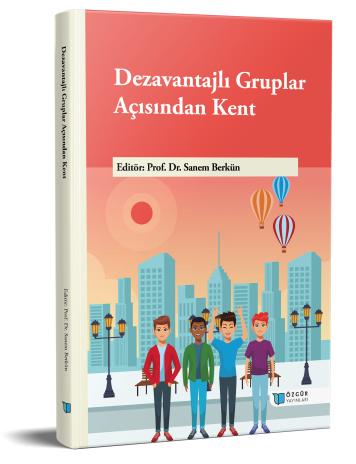
Social Municipalism for Disadvantaged Groups: Exemplary Municipalities from Turkey
Chapter from the book:
Berkün,
S.
(ed.)
2025.
City in Terms of Disadvantaged Groups.
Synopsis
This study examines the implementation of social municipalism for disadvantaged groups in Turkey and how successful examples can serve as inspiration for other municipalities. Social municipalism in Turkey is a local government approach aimed at reducing social inequalities and improving the living standards of disadvantaged groups in line with the principles of the social state. The study explores the social service projects of municipalities, including a wide range of services such as social assistance, educational and health support, special programs for disabled individuals, and elderly care services. The research assesses the effectiveness and scope of social municipalism practices, highlighting their contributions to social integration and the achievement of social justice. Additionally, it emphasizes the potential of these services not only to enhance the quality of life for disadvantaged individuals but also to elevate the overall welfare level of society. The study advocates for the widespread adoption of successful social municipalism examples and the development of applications that can serve as models for other municipalities. Future research will contribute to further enhancing social municipalism practices and providing equal services to all segments of society. In this context, the widespread implementation of the social municipalism approach is of great importance for increasing societal welfare and achieving social justice.

